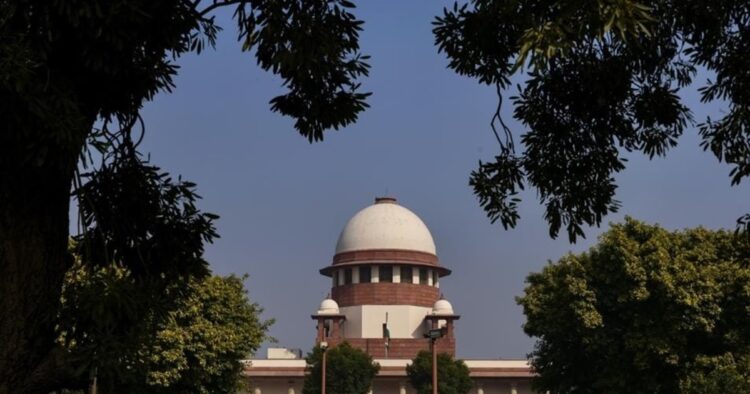In a significant legal battle concerning the taxation of mineral rights, the Bharatiya Supreme Court listened to arguments from the central government on Tuesday. The government urged the court to consider the issue not merely as a dispute between the central and state authorities but to prioritize the broader public interest and the economic development of Bharat.
Solicitor General Tushar Mehta emphasized that the royalty charged on minerals should not be perceived as a tax but rather as a fee for the privilege of extracting minerals. He argued that allowing states to impose additional taxes on top of the royalty could make mining economically unfeasible.
The court is examining over 80 appeals regarding whether the royalty imposed on mining should be categorized as a tax and whether states possess the legislative authority to impose taxes on minerals beyond the royalty set by the central government.
Earlier submissions by the central government expressed concerns that granting states the power to tax minerals could negatively impact industries reliant on minerals such as coal, iron ore, and bauxite, leading to inflation and discouraging investment.
The central government pointed out that according to the Constitution, the development and regulation of minerals fall under the jurisdiction of the central government. Under the Mines and Minerals (Development and Regulation) Act, 1957, the central government collaborates with states to set a uniform rate of royalty on minerals.
Highlighting the importance of maintaining uniformity in royalty rates, the central government stressed that allowing states to impose additional taxes could undermine the financial viability of mining operations.
The court questioned whether the Mines and Minerals (Development and Regulation) Act imposes any limitations on the states’ power to tax minerals. It also considered whether there could be a ceiling on the tax rate to ensure uniformity across states.
The central government warned of the potential consequences of excessive taxation by states, including the possibility of importing cheaper minerals instead of supporting domestic mining. It emphasized the need for a national perspective to safeguard against narrow provincial interests.
The court deliberated on the precedent set by the Bharat Cements case (1989), which declared royalty as a tax under the Mines and Minerals (Development and Regulation) Act. The central government argued that prior to this judgment, states imposed heavy taxes on minerals, impacting the mining industry.
In conclusion, the central government stressed the importance of fair and transparent allocation of mineral resources in the interest of the public. The court adjourned the hearing for further deliberation on the matter.
As the proceedings continued, senior advocate Abhishek Manu Singhvi, representing mining companies supporting the central government’s position, presented arguments before the court. The case remains under consideration as the court scheduled further hearings for Wednesday.

















Comments